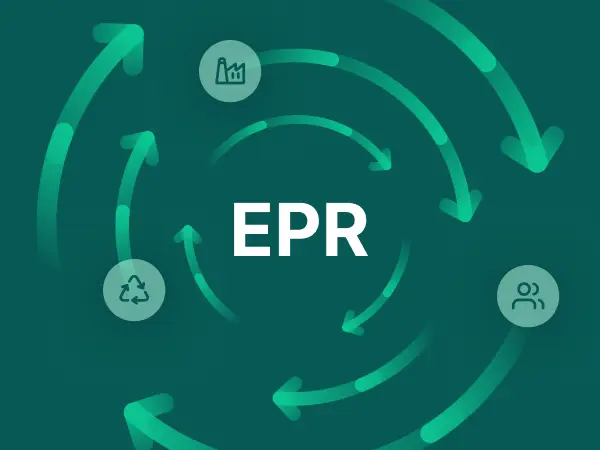{summary#bullet-1}
What are the most cost-effective investments for a company?
If you are an entrepreneur or business owner, CFO, or are on the company's board of directors, you undoubtedly know that in order to bring results and grow the business, you need to invest.
But is it more cost-effective to invest in technology or in staff training and development? In production process efficiencies or in marketing strategy?
Probably, if you are looking for a way to increase your company's profitability, you have already considered several of these options and, if you have been in the market for a while, maybe even tried some of them.
But have you ever thought about investing in sustainability? In this article we want to give you 5 reasons why it is more cost-effective for a company to invest in sustainability today. Let's look at them together.
{summary#bullet-2}
5 reasons why investing in sustainability is cheaper today
1. Energy cost savings
First, investing in sustainability is cost-effective because it helps you save on energy costs: energy is one of the biggest expenses for many companies, but becoming more energy efficient can significantly reduce these costs.
There are many actions you can take to do this: for example, installing LED lighting systems or solar panels can reduce your lighting costs and, at the same time, improve your business reputation for sustainability-conscious consumers.
Want to learn more about saving energy? The Up2You Insight team has put together a guide that explains what the main sources of consumption are in the office, with lots of tips for saving energy. Download the free infographic on saving energy!

2. Increase customer loyalty
Another reason why investing in sustainability pays off is toincrease customer loyalty: more and more consumers are looking for sustainable products and services, and companies that demonstrate a real commitment to sustainability attract new potential environmentally-conscious customers and retain existing ones. In addition, a loyal customer base is more likely to recommend the company to others, expanding its market potential.
Data show that consumers and consumers are even willing to pay more for sustainable products and prefer to buy from companies that demonstrate a commitment to the environment and social responsibility.
3. Improve corporate image
Investing in sustainability also helps you improve your company's image: demonstrating a strong commitment to sustainability means you can differentiate yourself and stand out over your competitors, thereby increasing your reputation. A good reputation can help the company attract both customers and talent, and establish relationships with like-minded suppliers, thereby gaining a competitive advantage.
In addition, companies that demonstrate a strong commitment to the environment can improve their public image through participation in sustainable events and sponsoring social or environmental initiatives.
4. Reduce the risks
Starting on a path to environmental sustainability now can prove to be a very worthwhile investment, especially in the long run, because it means reduced risk for the company: companies that do not have a sufficient focus on sustainability may encounter legal problems, fines, penalties, and even lose access to financing as corporate emissions standards and regulations become increasingly stringent.
5. Increase business efficiency
Finally, investing in sustainability is cost-effective because it leads to increased production efficiency: implementing sustainable strategies can lead to greater efficiency in business processes, improving productivity and reducing costs.
For example, adopting waste management practices can reduce waste disposal costs, and implementing smart working can reduce office rental costs and improve staff quality of life. Sustainability can thus be seen as an opportunity for the company to increase efficiency and productivity.
{summary#bullet-3}
How do you invest in sustainability?
Il modo migliore di investire in sostenibilità (nonché l’unico realmente corretto) è quello di iniziare un percorso di neutralità carbonica, seguendo quella che viene definita climate journey.
Si parte quindi dal calcolo della carbon footprint aziendale, per poi ideare una strategia di riduzione delle emissioni, che consiste in azioni concrete e su misura per l’azienda, volte a emettere meno CO2 nell’ambiente. Successivamente si procede con la compensazione delle emissioni non riducibili tramite progetti ambientali certificati, che hanno lo scopo di catturare o non emettere CO2, e solo infine si comunicano i risultati ottenuti a clienti e stakeholder.
Up2You accompanies companies every step of the way, offering customized solutions according to business goals.






























